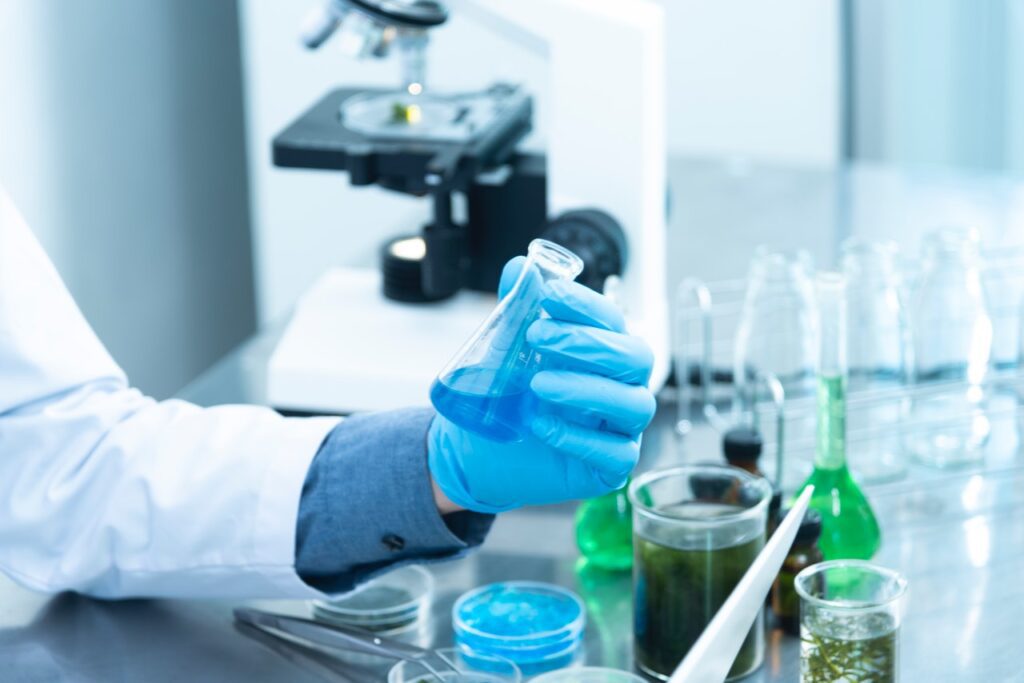Biotechnology can play a key role in improving human health and a better environment, help us curb food insecurity, and strengthening energy security while stimulating economic growth and contributing to national defense and security. This is the message of a recent report from the National Security Commission on Emerging Biotechnology (NSCEB).
The paper, released in December, highlights the room for further development, warning that large economies like China and others could surpass its capabilities if the U.S. doesn’t remain at the forefront of biotech innovations, thus potentially threatening its national security.
The brink of a biotech’ revolution’
Outlining the numerous ways biotech can improve human lives and well-being, the Commission said the world “stands at the brink of a transformative biotechnological revolution, one that could yield countless innovations and bring advanced manufacturing to every part of America.”
Using precision medicine, like cell and gene therapies, biotech can help researchers develop products to treat diseases that were previously considered incurable. Additionally, synthetic biology and genome editing make it possible for our bodies to learn to fight diseases with greater precision and efficacy than previously available treatments.
With biotechnology, researchers can develop better and novel vaccines, as well as use the advancement of mRNA vaccines – reducing “the time from the emergence of a new pathogen or disease to treatment” significantly, NSCEB adds.
Biotech is also pivotal in making healthy food more accessible. Biotech can help develop fresh produce packed with nutrients and longer shelf life, as well as pest-resilient crops with higher yields.
Biotech solutions can be used to reduce and mitigate pollution in ways that may have seemed impossible years ago, with technologies like carbon capture, or engineered microbes and plants that can break down waste and remove contaminants from soil and water.
“Biotechnology presents tremendous opportunities for manufacturing, agriculture, defense, biomedicine, and many other fields. Preserving America’s leading role in biotechnology is essential for our long-term economic and national security and will open up new opportunities across our nation,” said Indiana Senator Todd Young, a member of the NSCEB.
Why the U.S. must lead in biotech
While biotech offers hope for the future and can provide endless benefits for humans, animals, and the environment, the Commission warned of the potential “dark side” or misuse of science, such as the creation of “novel weaponry.”
Still, emerging biotechnologies “may also be the best defense against that misuse, as these technologies could be used to develop on-demand diagnostics, therapeutics, and vaccines to defend against any attack.”
“If we do not lead, others will, and we risk a future in which biotechnology undermines, rather than supports, our security,” says NSCEB.
Despite these concerns, the Commission points out that the U.S. could utilize the potential of biotech and develop innovative products to support the U.S. defense, as well as strengthen supply chain resiliency.
Dr. Jason Kelly, CEO of Ginkgo Bioworks, a Biotechnology Innovation Organization (BIO) member, is chair of the NSCEB.




